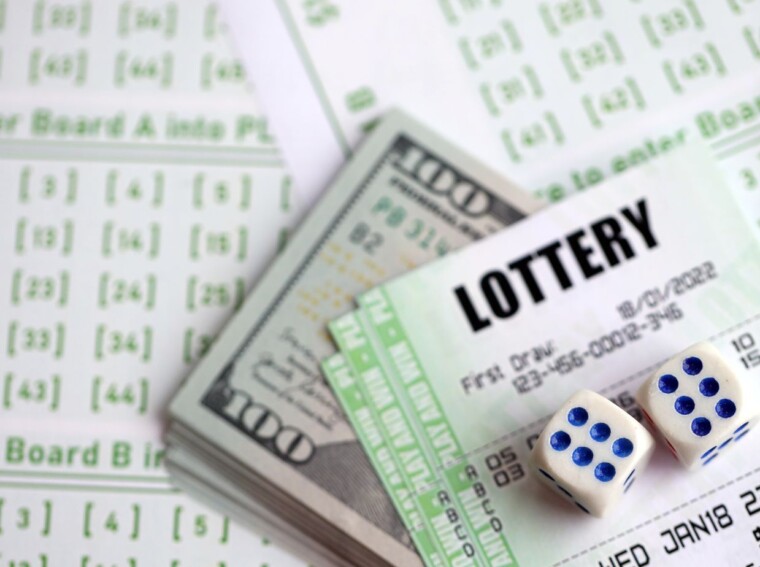In 2023, a group of international players made waves by spending $26 million to buy nearly every possible ticket combination for the Lotto Texas. Their plan aimed to secure the $95 million jackpot which is around $57.8 million after taxes, and it worked. While this strategy has left many thinking, is it fair to regular players?
The Mystery Of The Lotto Texas Jackpot
When the jackpot was announced, the winner was linked to a small store in Colleyville, Texas, called ‘Hooked on MT’. Strangely, the store didn’t even look like a usual lottery outlet, it was more about promoting Montana fishing. This raised suspicions and left people wondering what was going on.
An investigation revealed that a syndicate, a group pooling their money together, had used $26 million to buy almost every possible ticket combination. With this strategy, they ensured that one of their tickets would win.
By Texas lottery rules, the winner’s identity doesn’t have to be revealed. This has made the situation even more vague and confusing for regular players, who feel the odds are stacked against them, especially when winning in a lottery game such as Lotto 6 has a very small probability.
How Did The Syndicate Make It Work?
The group behind this operation wasn’t just lucky, they were smart and prepared. The syndicate was reportedly led by a Maltese businessman with funding from a London company called Colossus Bets known for managing betting groups like this one.

Four lottery stores in Texas played a big role. For example, the Colleyville store sold 11 million tickets in three days. To handle such a huge volume, these stores used extra machines and ran them around the clock. This wasn’t a usual lottery operation.
The Power Of High-Tech Tools
Technology made this bold plan possible. Reports suggest the group used tools like iPads with QR codes to speed up ticket buying. These QR codes were linked to pre-chosen number combinations.
Another crucial part of their strategy was using couriers. These couriers worked like food delivery apps, taking ticket orders from customers through phones or computers and buying the tickets at lottery stores. They even sent digital copies of the bought tickets back to the customers.
Although these methods seem efficient, they’ve raised concerns about fairness. Critics argue that using advanced technology gave the syndicate an unfair edge, mainly because regular players don’t have access to such tools.
Ensuring Fair Play For All Players
The syndicate’s massive ticket-buying spree left many people feeling cheated. Regular players, who spent about US$1.5 million on tickets for that draw, had almost no chance of winning. Dawn Nettles, a lottery watchdog, explained it simply: regular players helped build the jackpot, but outsiders with deeper pockets and advanced tools swooped in to claim it.

Even though everyone has the same chance of winning the lottery. That is the same as the Lotto 6 probability calculation which is done by dividing the number of winning combinations by the total number of possible combinations. Spending $26 million to buy nearly all the combinations tipped the scales. Many believe this sabotages the spirit of the game, which is supposed to offer equal chances to everyone.
What Happens Next?
The issue has sparked a debate about the rules of the Texas lottery. State lawmakers are now looking into how such a situation could happen and whether it’s time to update the laws. Some suggest returning to traditional rules, where tickets can only be bought in person and with cash. This would limit the use of apps and advanced technology to gain an edge.
Texas State Senator Bob Hall, for instance, has argued that the lottery should stick to its standard roots. He believes modern tools like apps and software make the game unfair for regular players.
This story isn’t just about one big win, it’s about how technology is changing the way lotteries work. While tools like apps and QR codes can make ticket buying faster and easier, they also make it harder for regular players to compete.
The Texas Lottery Commission insists no rules were broken, but critics disagree. They believe this case highlights flaws in the system that need to be fixed. For now, the debate resumes. Lawmakers, lottery officials, and players are all trying to find a balance between keeping the game modern and ensuring it remains fair for everyone.
